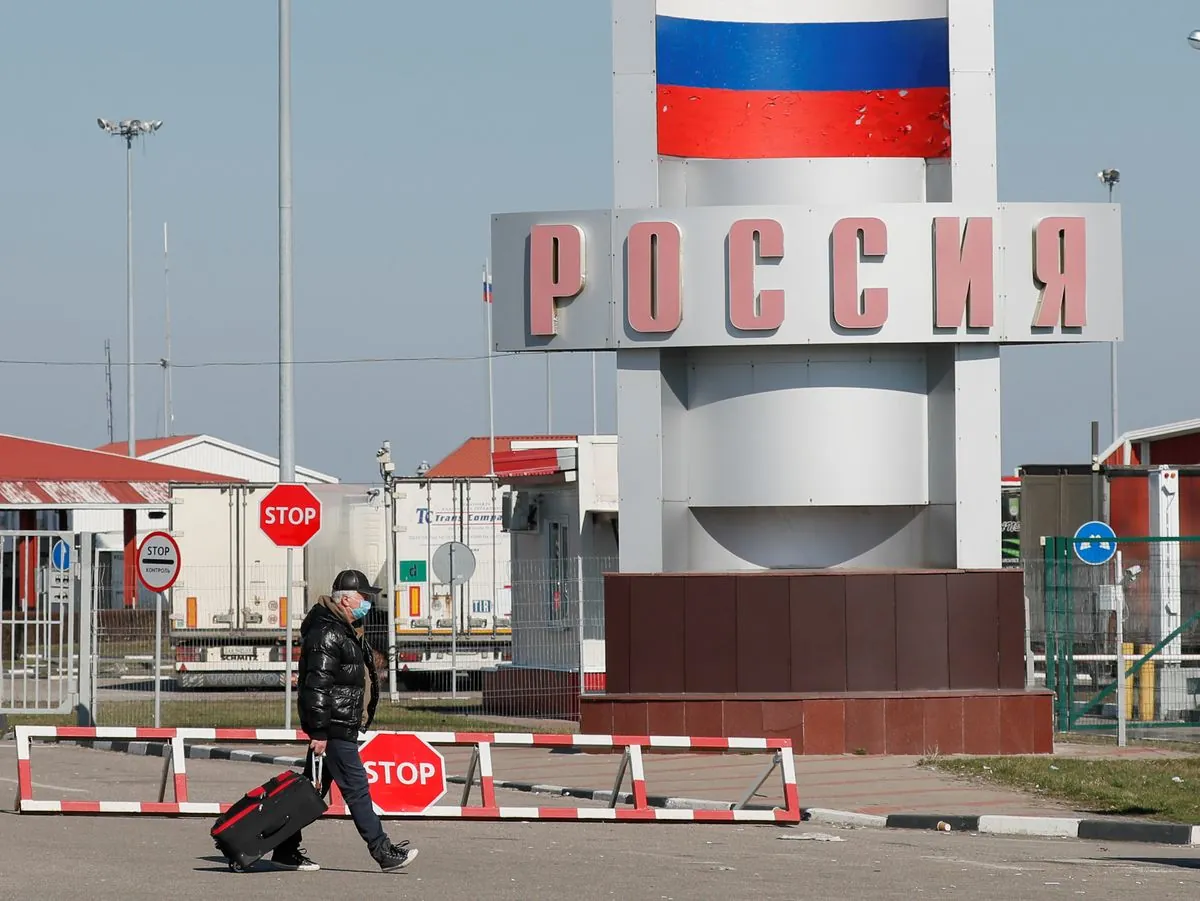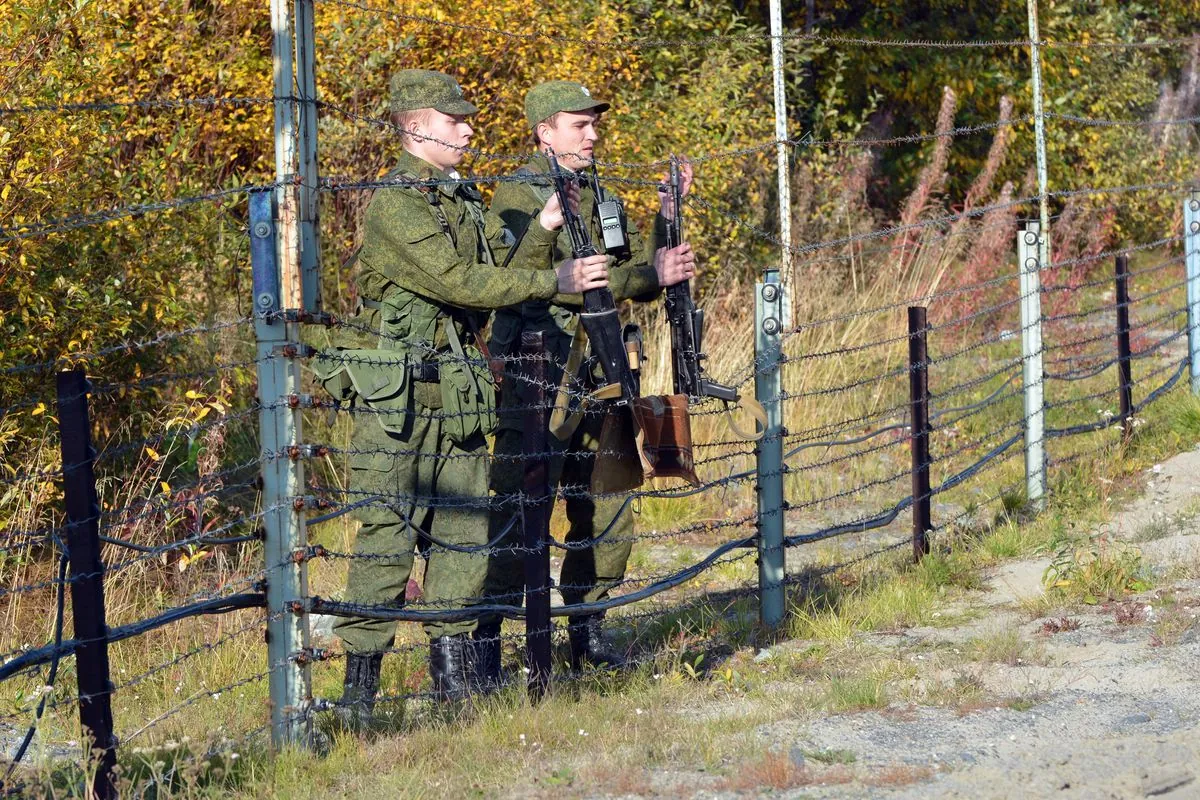Russia Imposes Anti-Terror Measures in Ukraine Border Regions
Russia implements anti-terrorism measures in Kursk, Belgorod, and Bryansk regions bordering Ukraine. Actions include potential resident displacement, transport restrictions, and increased surveillance.

Approximately one year ago, on August 10, 2023, Russia implemented anti-terrorism measures in three regions bordering Ukraine, as reported by Russian news agencies citing official sources. The affected areas include Kursk, Belgorod, and Bryansk oblasts, which share a combined border of over 1,000 kilometers with Ukraine.
The decision to introduce these measures came amid heightened tensions between the two nations. Kursk Oblast, known for its historical significance as the site of one of World War II's largest tank battles, was reportedly facing what Moscow described as a Ukrainian incursion. This claim, however, has been met with skepticism from international observers.
The anti-terrorism regime, overseen by Russia's National Anti-Terrorism Committee, encompasses a range of actions that significantly impact daily life in these border regions. According to RIA news agency, these measures include:
- Potential displacement of residents
- Restrictions on transportation in specific areas
- Enhanced security around sensitive sites
- Wiretapping of telephone and other communications

These actions reflect the complex security challenges faced by border regions during times of international tension. The implementation of such measures often raises concerns about civil liberties and privacy rights, particularly regarding the use of surveillance techniques.
It's worth noting that Belgorod Oblast, which borders Ukraine's Kharkiv and Luhansk regions, has a rich history dating back to its founding in 1596 as a fortress to protect Russia's southern borders. Similarly, Bryansk Oblast, sharing borders with both Ukraine and Belarus, is home to significant defense industry facilities, including the Bryansk Machine-Building Plant.
The introduction of these anti-terrorism measures is not unprecedented in Russia. The concept of a "counter-terrorism operation regime" was first introduced in the country in 1998, with the Federal Security Service (FSB) taking a leading role in such operations since then.
While Russian officials cite security concerns as the primary motivation for these measures, it's crucial to approach such claims with a critical perspective. Ukraine has consistently denied allegations of cross-border attacks, and the situation remains a point of contention between the two nations.
As the conflict continues, the impact on civilians in these border regions remains a significant concern. The potential displacement of residents and restrictions on movement can have profound effects on local communities, highlighting the human cost of ongoing tensions.
"We categorically reject any accusations of cross-border incursions. These claims are unfounded and serve only to escalate tensions. Ukraine remains committed to peaceful resolution and calls for an immediate end to Russia's aggression against our sovereign territory."
This situation underscores the ongoing challenges in Russian-Ukrainian relations, with the 2,295-kilometer-long border between the two countries becoming an increasingly militarized zone. As international observers continue to monitor developments, the implementation of these anti-terrorism measures serves as a stark reminder of the complex geopolitical landscape in the region.


































